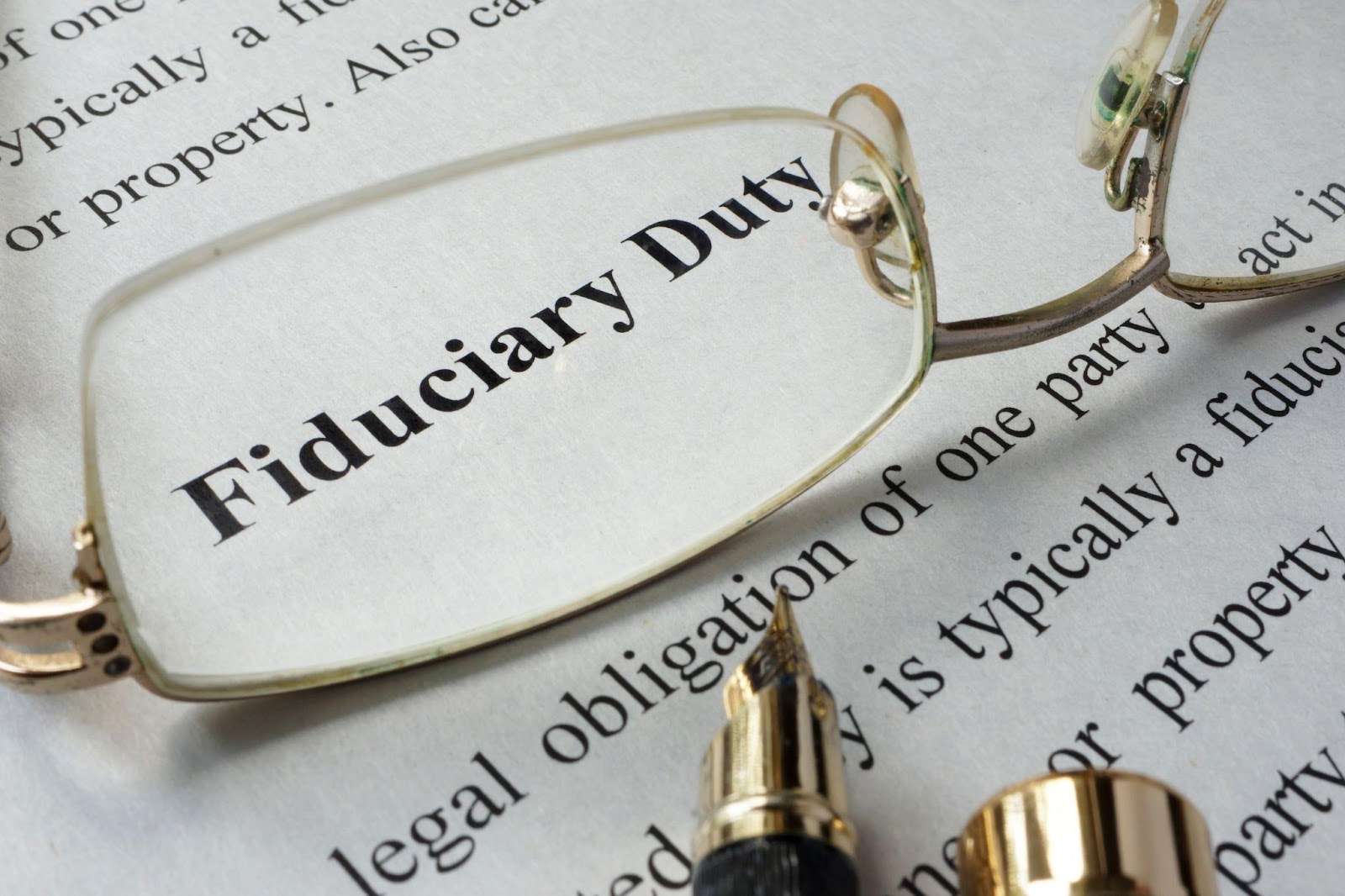Fiduciary services often feel wrapped in mystery, but their purpose is simple: to offer trustworthy, client-centered financial guidance when it comes to managing money and other valuable assets. Whether you’re navigating major life transitions like retirement or juggling everyday financial responsibilities, a fiduciary can help you feel more secure, informed, and optimistic about your future.
What Makes a Fiduciary Different
When you work with a fiduciary, you’re getting more than just knowledge of investment products or estate planning; you’re entering a relationship built on accountability and ethical responsibility. By law, a fiduciary must act solely in your best interest. This means there’s no hidden agenda, no side deals, and no reason to suspect that your advisor might be driven by commission-based incentives instead of focusing on your goals.
People often don’t realize how critical this distinction can be until they’re knee-deep in financial decisions that carry real emotional weight. Consider the family member sorting through a loved one’s estate, or the parent trying to balance a child’s college fund against their own retirement needs. In these scenarios, knowing you have a fiduciary in your corner—someone bound to uphold your interests—can significantly ease the emotional and logistical burden.
Why You Might Need Fiduciary Support
Many individuals assume fiduciary services are reserved for the wealthy. In reality, anyone with important financial decisions on the horizon can benefit from the clarity and reassurance a fiduciary provides. The complexity of modern life—mortgages, pensions, insurance, taxes—can feel overwhelming, especially if multiple goals (like buying a home, caring for aging relatives, and funding higher education) all converge at once.
Seeking guidance doesn’t mean surrendering your sense of independence or control; rather, it gives you an ally who can interpret the finer details of financial planning. This ally can help you map out timelines, anticipate market fluctuations, and optimize assets in a way that aligns with both your short-term obligations and long-term aspirations. It’s not about piling on products or services. It’s about constructing a customized plan that respects your unique circumstances and risk tolerance.
Real-Life Examples of Fiduciary Care
Picture a small-business owner under pressure to expand while keeping employees paid and benefits intact. A fiduciary can advise on retirement plan design, help structure business loans, and even recommend growth strategies—all while remaining focused on preserving the owner’s personal assets. Or think of a near-retiree balancing a pension, Social Security, and an old 401(k). A fiduciary’s role includes clarifying which funds to draw down first, how to minimize taxes, and how to create a sustainable income stream for what could be decades of retirement.
These scenarios highlight how fiduciaries blend expertise with empathy. Instead of merely crunching numbers, they address the very human concerns tied to each financial decision, whether that means covering healthcare costs, supporting grandchildren, or protecting a spouse’s lifestyle.
How to Find the Right Fiduciary
Trust is at the heart of any fiduciary arrangement. You might begin by seeking referrals from friends or colleagues, but it’s also wise to conduct your own research. Look for fiduciaries who clearly state their commitment to unbiased advice and transparent fee structures. Seek out professionals who show genuine curiosity about your life circumstances and who ask thoughtful questions about your objectives and concerns.
If you’re interested in taking the next step, consider exploring the resources available through fiduciary financial planning. This can be an excellent way to learn more about how a dedicated, ethically obligated professional can guide you through life’s most pivotal financial moments.
By choosing to partner with a fiduciary, you’re prioritizing a relationship in which honesty, diligence, and your well-being come first. That sense of trust can go a long way toward helping you make well-informed decisions and feel genuinely empowered on your path to a more secure financial future.



